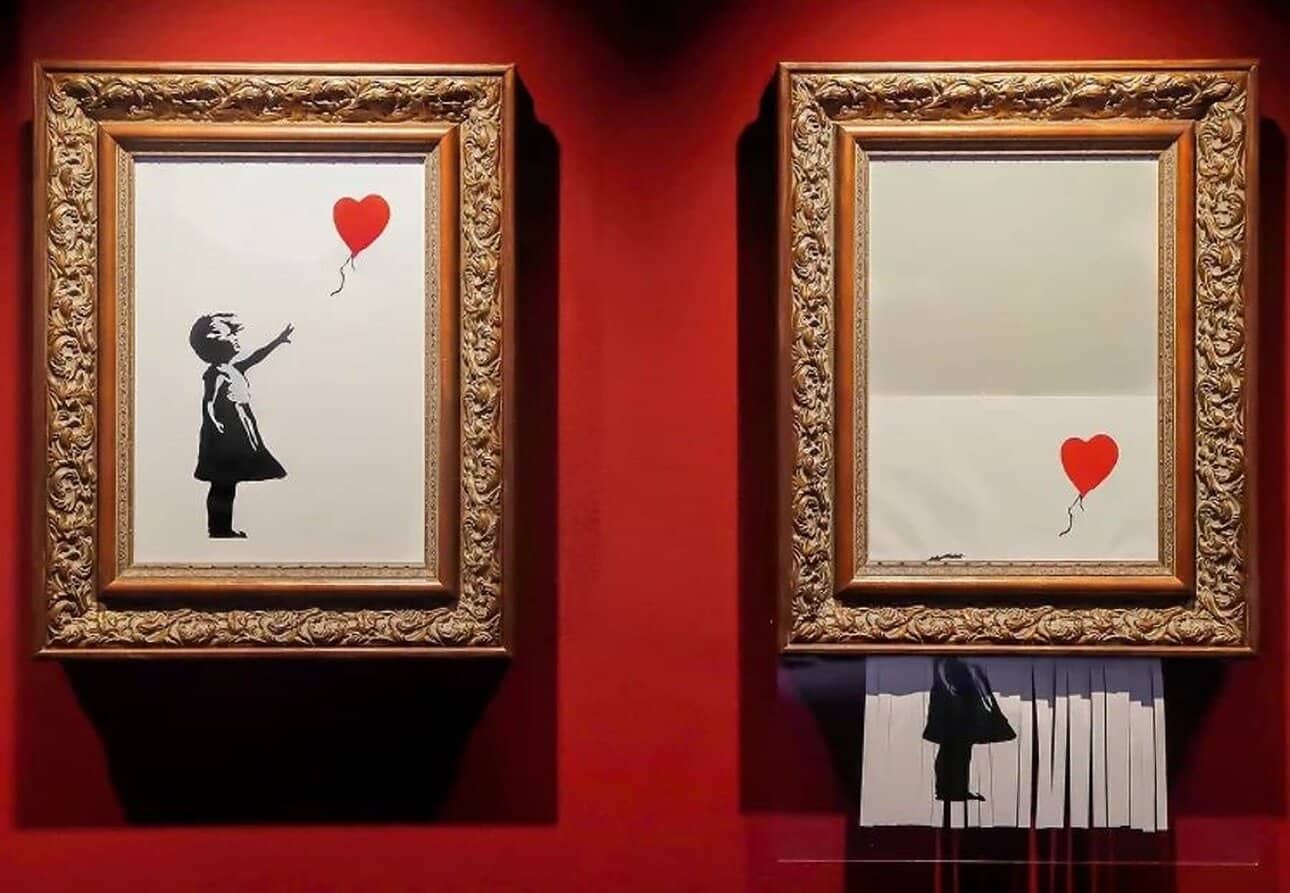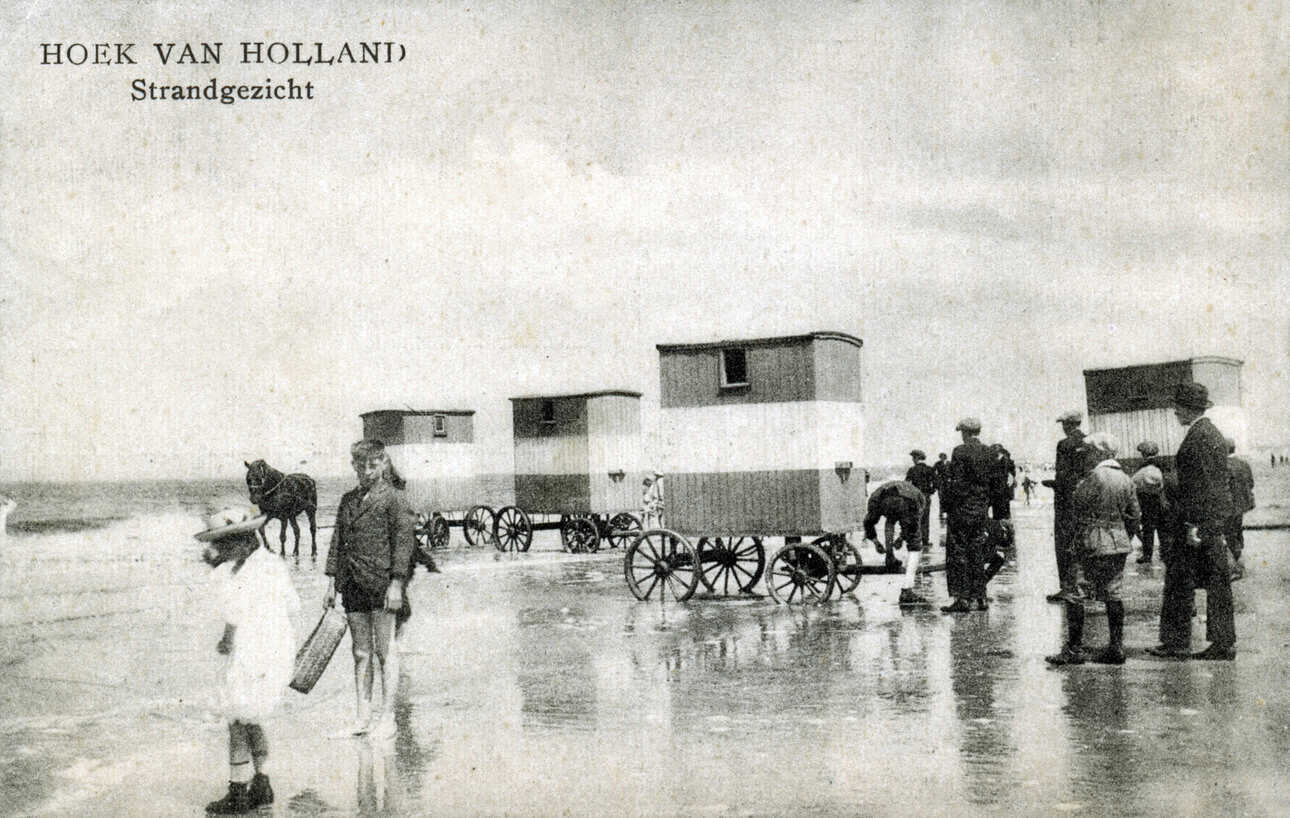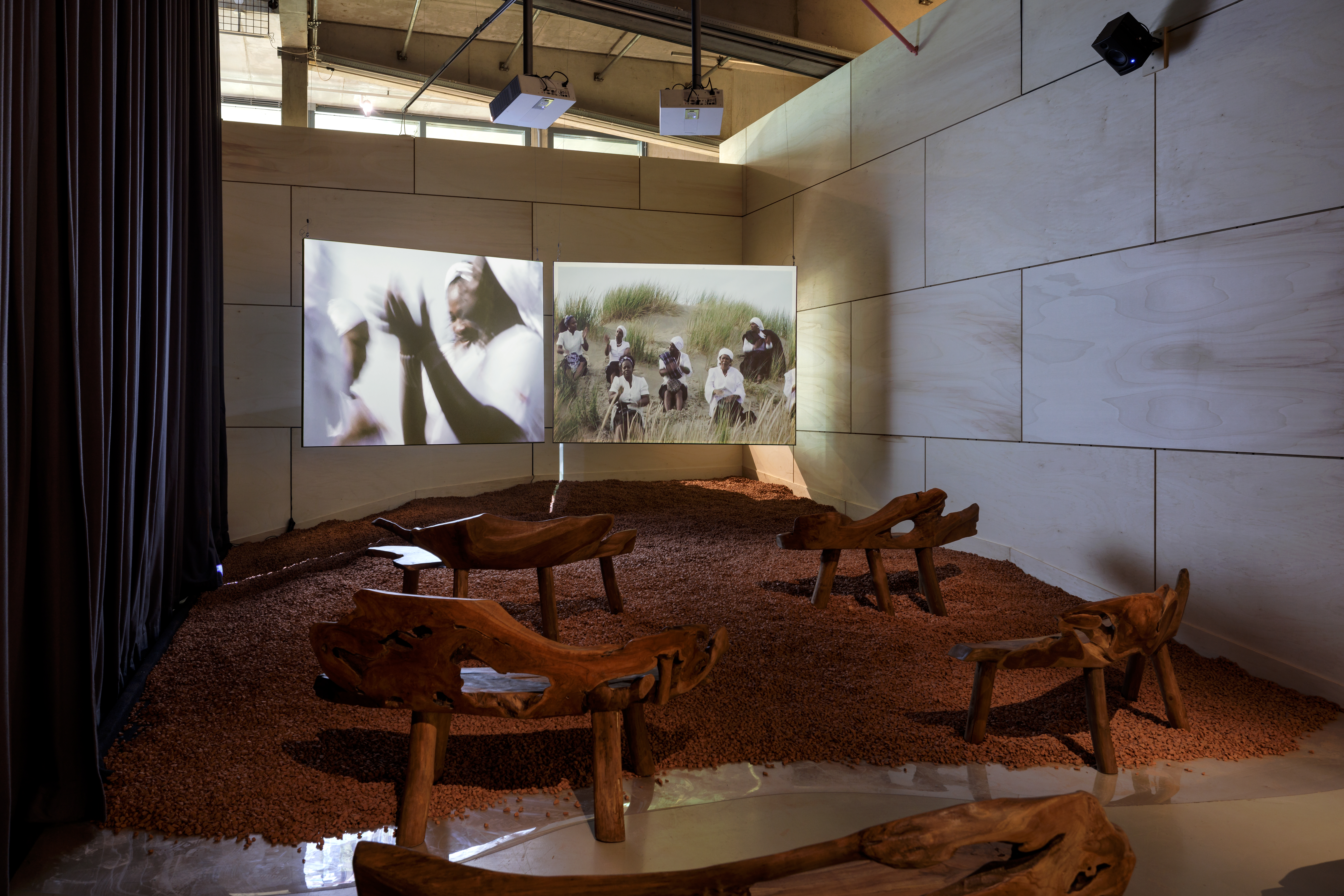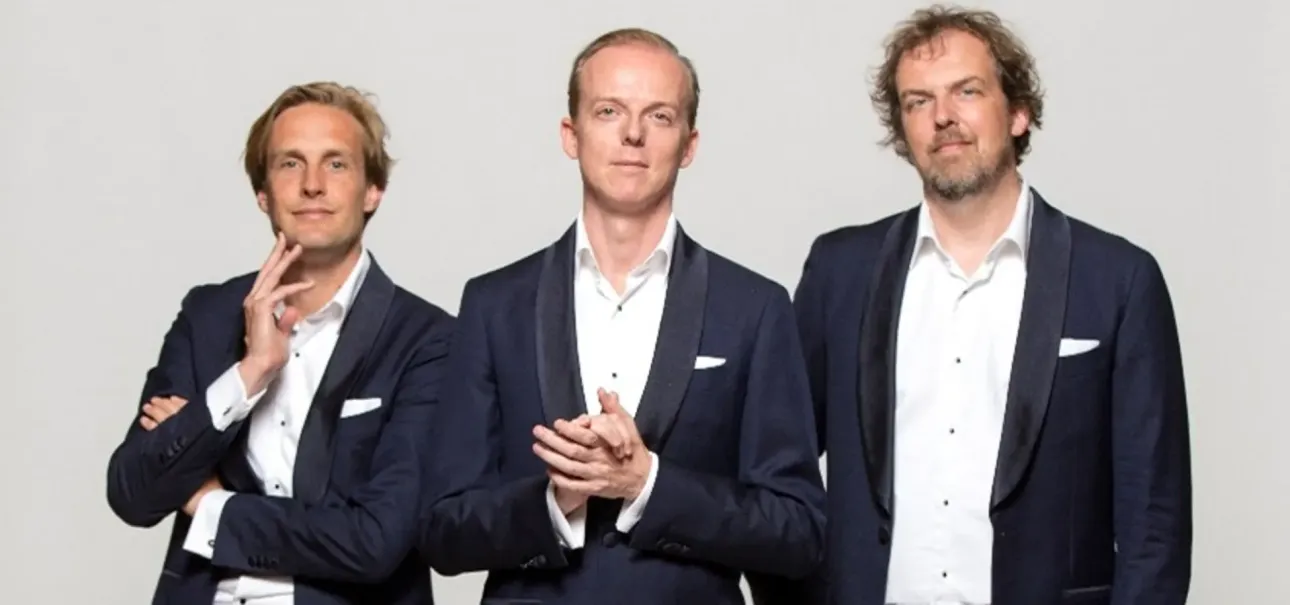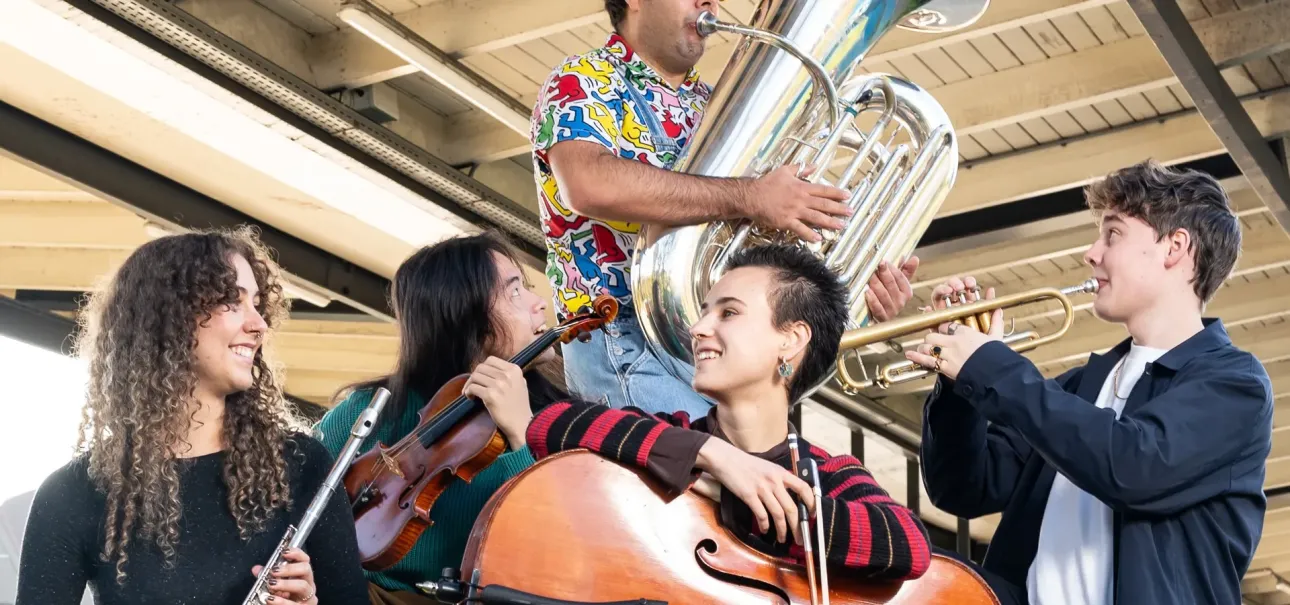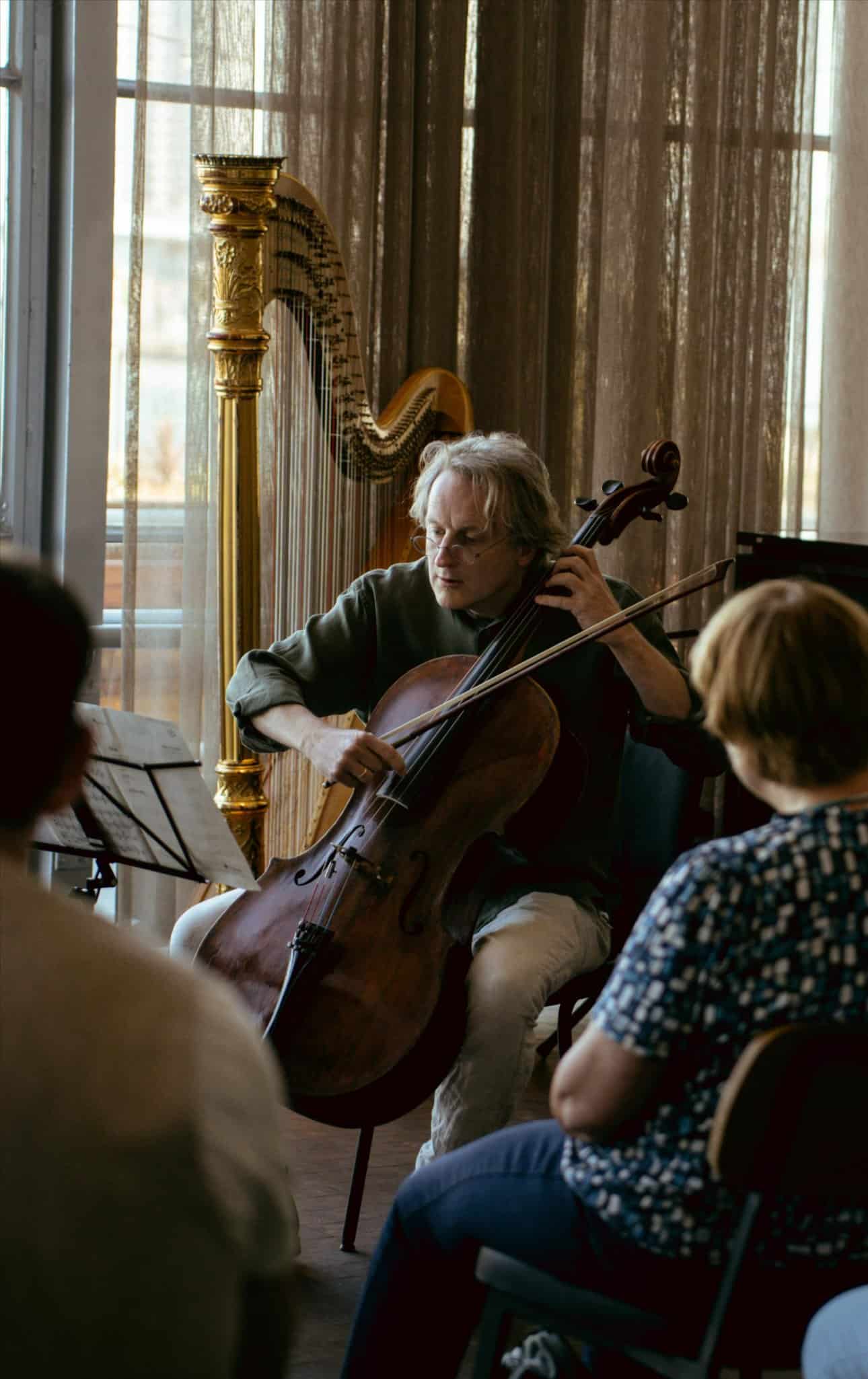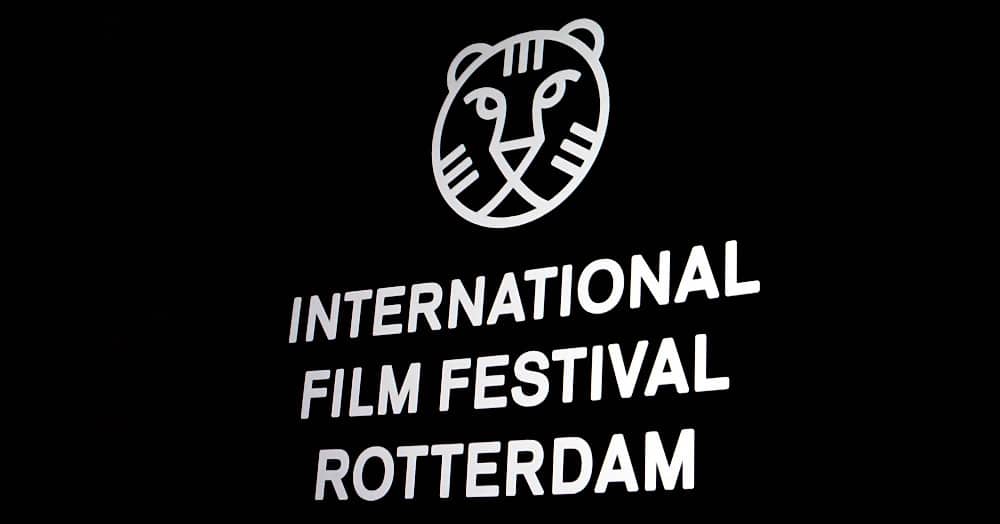Image: A teddy bear from a Lebensborn home. Washington DC, USA, July 2023 © Angeniet Berkers
Kunsthal Rotterdam hosts Lebensborn by Angeniet Berkers
Kunsthal Rotterdam will present Lebensborn, a documentary photography exhibition by Angeniet Berkers, as part of the Dutch 80 Years of Freedom commemorations. The exhibition, running from 28 March to 13 July 2025, investigates the Nazi Lebensborn programme, which sought to increase the number of ‘Aryan’ children born under the Third Reich.
Berkers, a Rotterdam-based photographer, spent five years researching this subject, culminating in the book Lebensborn. Birth Politics of the Third Reich. The exhibition presents her findings through photographs, historical documents, and personal testimonies, highlighting the programme's impact on individuals who lived through it.
Personal stories from the Lebensborn programme
The exhibition focuses on the stories of three individuals—Gisela, Michael, and Ingrid—who were directly affected by the Lebensborn programme and are now in their eighties. Their experiences provide insight into the lasting consequences of the programme, including the secrecy and stigma surrounding their origins.
During her research, Berkers encountered objects and documents that illustrate how Nazi ideology shaped the Lebensborn homes. Among the artefacts on display are measuring instruments used to assess ‘Aryan’ ancestry. Berkers also photographed former Lebensborn sites, which have since been repurposed but remain historical markers of a dark past.
The Lebensborn programme: a historical overview
Initiated in 1935, the Lebensborn (Source of Life) programme was designed to provide the Nazi regime with a new generation of leaders. Under Heinrich Himmler’s direction, the initiative encouraged childbirth among women who met the so-called ‘Aryan’ criteria. To counter declining birth rates, the Nazi government restricted access to birth control and abortion while offering financial incentives for families with multiple children.
Lebensborn homes were established across Europe, offering a place for women—married or unmarried—to give birth to children deemed racially desirable. When the programme failed to meet its targets, the Nazis began kidnapping children from Eastern Europe, particularly those with blonde hair and blue eyes, and forcibly ‘Germanising’ them. Many of these children faced post-war discrimination and struggled with their identities due to the secrecy surrounding their pasts.
About Angeniet Berkers
Angeniet Berkers (b. 1985) is a Rotterdam-based photographer with a background in social work. She studied at the Royal Academy of Art in The Hague and has worked with veterans, refugees, and young people with psychiatric conditions. Her photography often explores sensitive and complex social issues, aiming to present them in an honest and nuanced way.
Her research on Lebensborn is published in the book Lebensborn. Birth Politics of the Third Reich, which is available at the Kunsthal Shop and Kunsthal Webshop.
Visiting Kunsthal Rotterdam
Kunsthal Rotterdam is located in the Museumpark, a central cultural hub in the city. The venue is easily accessible by public transport, with nearby tram and metro connections. Visitors arriving by car can find parking at Museumpark garage.

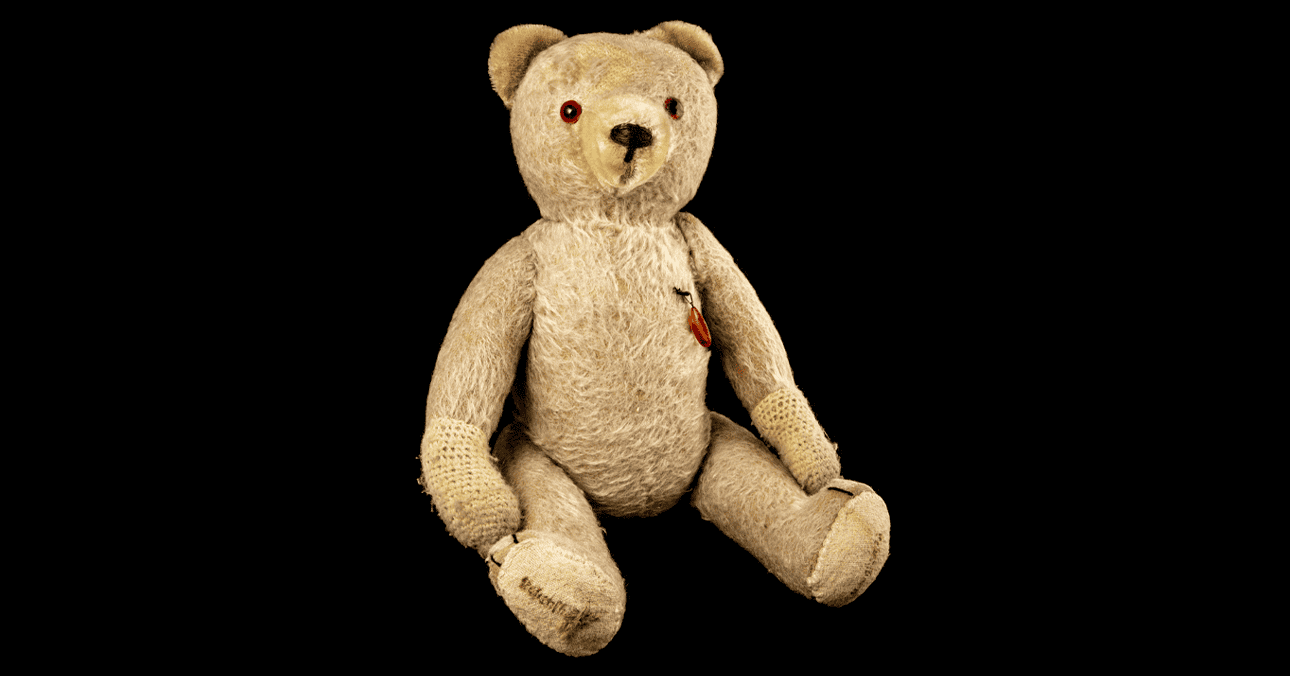
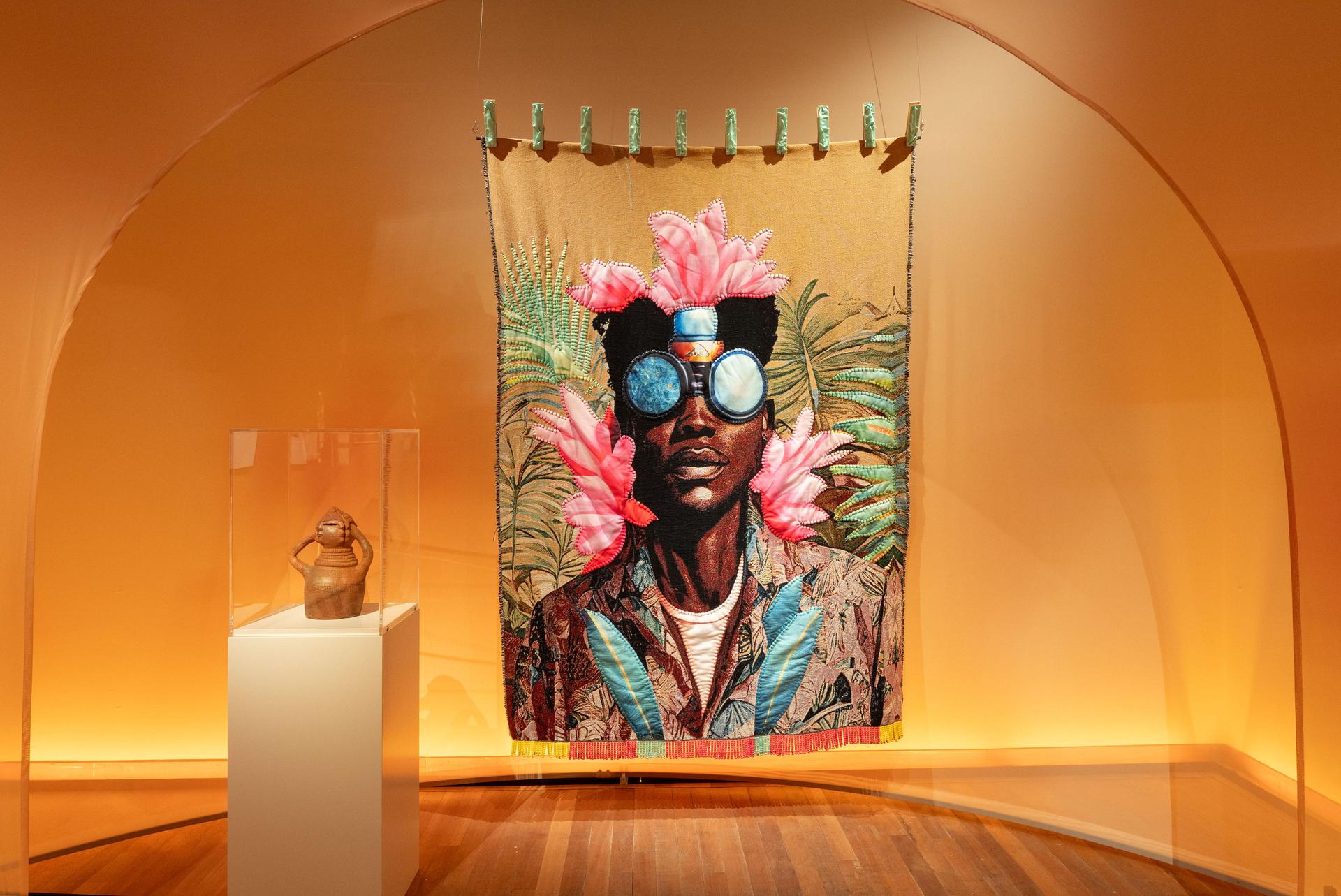
-amazing-contemporary-art-001.jpg)



